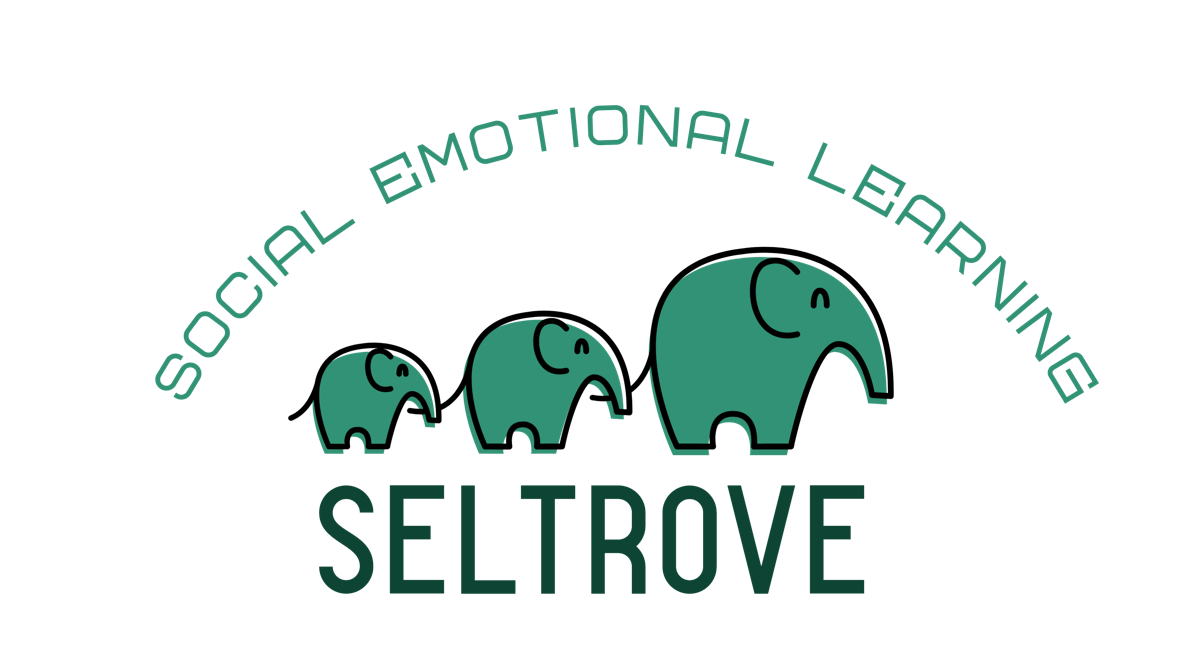
Time To Chill
Kemi Owens-Hart
Parent meetings, lesson planning, assessment, classroom management, field trips, standardized tests. Do any of these elicit negative or stressful feelings for you?
Teaching, as with many jobs, has its ups and downs, each day a balance between great successes and equally as impactful challenges. Finding ways to manage our daily tasks in a healthy way is as important for our mental health as it is for our teaching efficacy.
1
First, we must keep in mind that stress is a physical response triggered by the release of chemicals in our brain. Acting as a body’s alarm system, short-term, periodic stressors can increase your physical and cognitive acuity. Chronic stress, however, produces the opposite effects so, how do we create strategies that enable us to manage stressful situations well?
Ideas regarding self-care tend to be quite individualized but there are some general practices that we can all engage in to find the best path to navigating stressful situations.
Ideas regarding self-care tend to be quite individualized but there are some general practices that we can all engage in to find the best path to navigating stressful situations.
2
Since stress is a result of stimuli from our senses, taking a top-down (or inside out) approach can help calm these responses through physical action. First try the 4-7-8 breathing technique:
Inhale for 4 seconds, hold your breath for 7 and exhale through your mouth for a count of 8 seconds. This will activate your parasynthetic nervous system, lowering your blood pressure, heart rate and the release of stress hormones.
3
Another technique helpful in the long term is making a habit of practicing reflection. This can be in the form of mindfulness, meditation or whatever method suits your personality and teaching context. The overarching idea is that, through careful assessment of our actions and those of others in a given situation, we are better able to manage the residual effects of that situation, provide paths to solutions as well as find ways to avoid finding ourselves in similar circumstances in the future.
Here are some questions you can begin with when practicing reflection:
- What just happened?
- How do I feel about what happened?
- Was I leading or reacting?
- How might the other person or people feel?
- What could have been done to achieve a different outcome?
These are just a few examples of ways you can take control of stressful situations to help manage them and your personal well-being.
What are your stress management techniques?
Products
Teacher Resources
Get in touch
-
516 North Ogden Ave, Suite 111 Chicago, IL 60642
-
andy@seltrove.com
-
312-224-2536
Copyright © 2025 Seltrove, An IB Source Education company